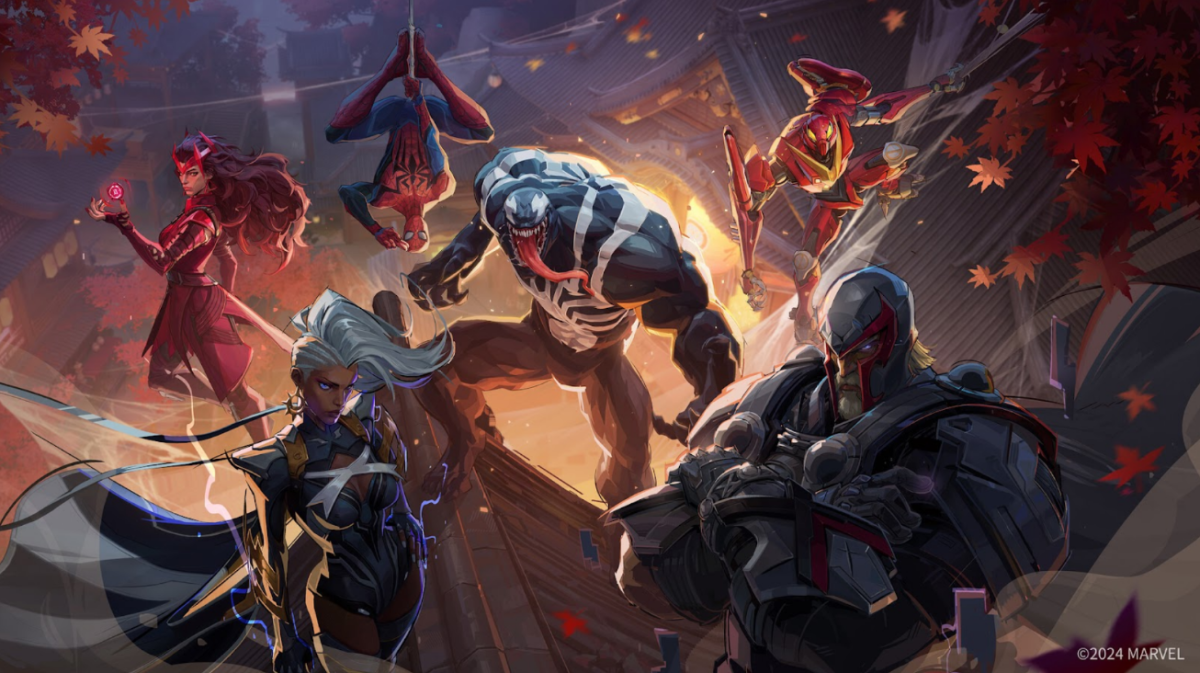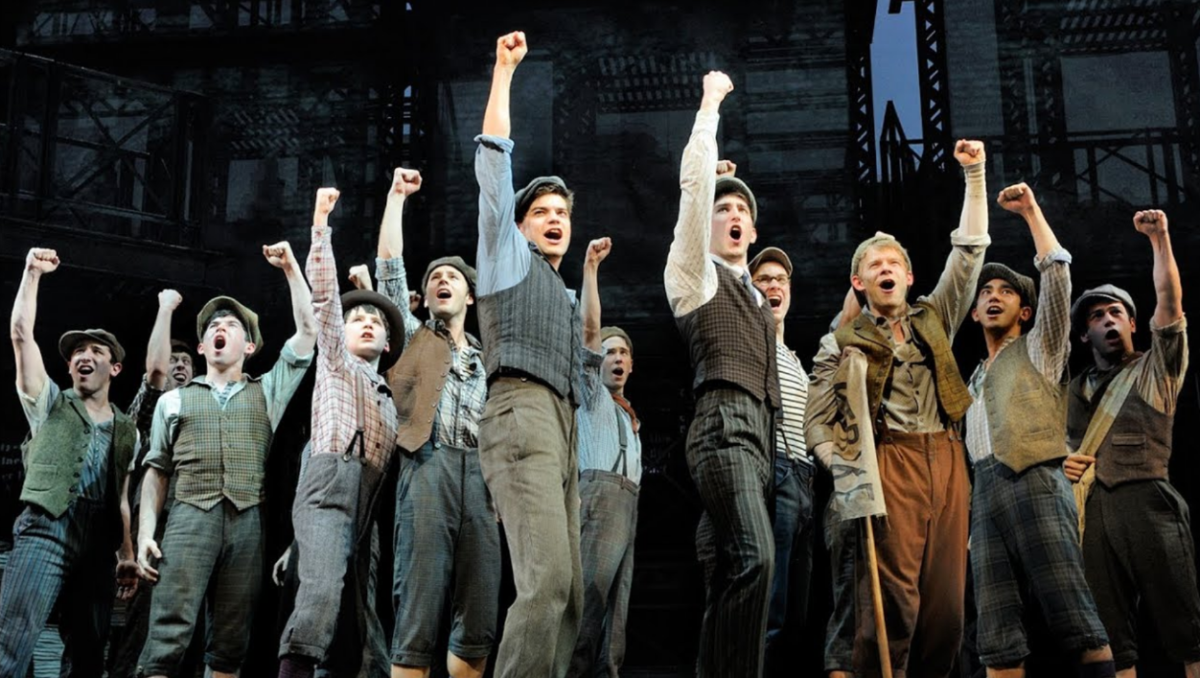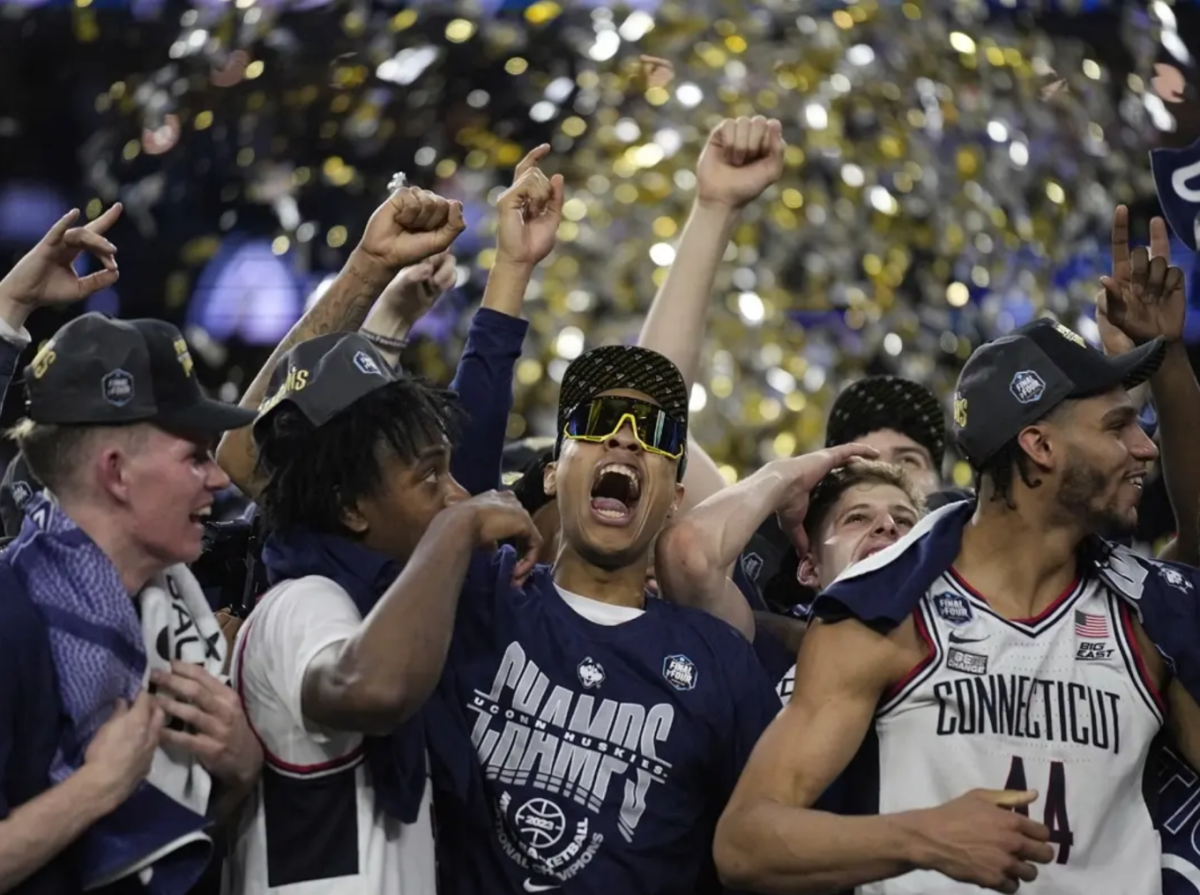When is violence in a game wrong? Ever since video games began to become mainstream around 50 years ago, and especially with the release of “Mortal Kombat,” this question has been asked again and again. As time goes on, video games have gotten progressively better looking, and that means they are increasingly more realistic with their violence.
Realism extends beyond just looks in this case, as some games have a very realistic approach to violence despite having less than stellar graphics. Games that have a large focus on violence, like shooters, makes the violence against characters who are either not-human, very dislikable, or groups of people who players are meant to take revenge on. Players don’t usually feel bad when storming through each of these groups.
Certain games, however, intentionally blur the line between mindless enemy and loveable character. Giving them personalities, backstories, development, or sometimes all three. “Undertale” is the most popular example of this, with it being a game about attempting to leave an underground filled with monsters while befriending said monsters.
However, if you choose to attack, you become the villain of the game. By making the enemies likeable characters with actual personality and lives, the player will feel less encouraged to attack and shamed if they do.
The “Metal Gear” series on the surface is much like Call of Duty, a simple shooter where the main character is an invincible hero. Though this is never actually the case for “Metal Gear,” “Metal Gear Solid V: The Phantom Pain” (MGSV) is the furthest from being surface level.
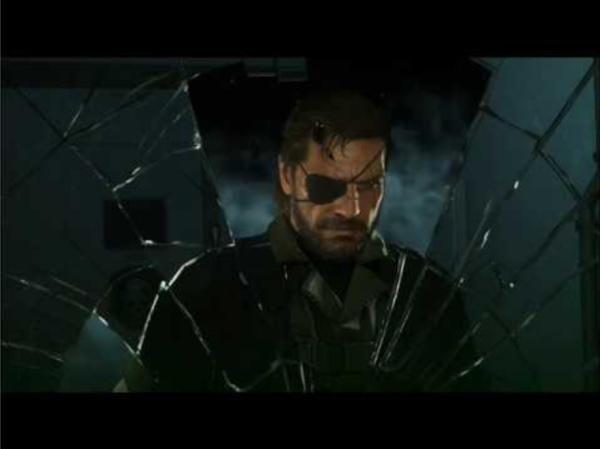
Without going into spoilers, it is one of the most anti-war games out there. It is impossible to get a “good ending” in the main story because you use violence in the main story. In fact, you can only get a good ending while playing online and removing all nuclear weapons. Fighting occurs for no reason other than the reason that you need to. People were so upset by the fact that the game wasn’t what they expected that they called it unfinished, even though “Metal Gear” was never about being an invincible fighting machine.
The “Halo” series is about wars against aliens, in which you are an almost invincible one man army. But it is “Halo: Reach” that separates from this ideal when one by one, your team falls apart. The games are great, but in the end the player understands that violence should have never happened on this scale.
On the other hand, there are games that glorify violence. “Call of Duty: Modern Warfare 2” has an ending where killing the villain leads to a worldwide apocalypse, though it is still the choice the story and game recommends, because the game is made for you to use violence to win.
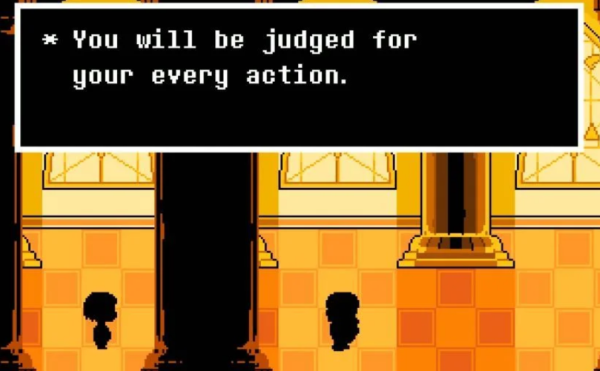
“Grand Theft Auto” (GTA) is the most infamous case, where crime and violence are basically a given. The key difference between this and others is that it is almost a comedy, where you are clearly not a good guy to an almost comical degree. Still, the comedy aspect may influence people to want to do things they find funny even more.
Although there are many good violent games, the games that paint violence and war without reason as the “right thing” or just a good thing are wrong. That’s why games like MGSV are so brilliant; they aren’t telling everyone to shut down fictional violence, but they can still tell you that violence is wrong while being a fun game.













